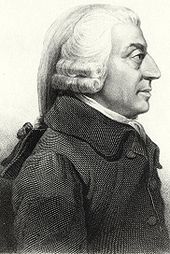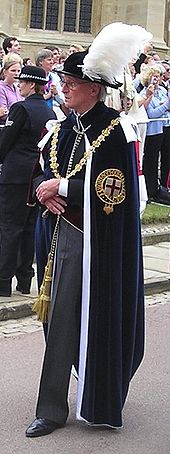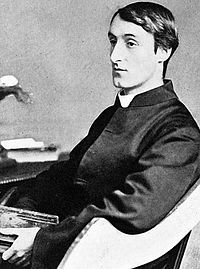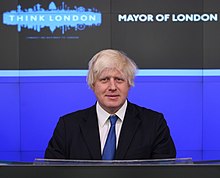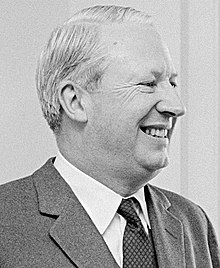Sir Roger Newdigate's Prize, more commonly the Newdigate Prize, is awarded to students of the University of Oxford for the Best Composition in English verse by an undergraduate student. It was founded in 1806 as a memorial to Sir Roger Newdigate (1719–1806). The winning poem is announced at Encaenia. Instructions are published as follows: "The length of the poem is not to exceed 300 lines. The metre is not restricted to heroic couplets, but dramatic form of composition is not allowed." It is one of the many prizes awarded by this university to students and graduate students.

The Golden Treasury of English Songs and Lyrics is a popular anthology of English poetry, originally selected for publication by Francis Turner Palgrave in 1861. It was considerably revised, with input from Tennyson, about three decades later. Palgrave excluded all poems by poets then still alive.
The Oxford Book of English Verse, 1250–1900 is an anthology of English poetry, edited by Arthur Quiller-Couch, that had a very substantial influence on popular taste and perception of poetry for at least a generation. It was published by Oxford University Press in 1900; in its india-paper form it was carried widely around the British Empire and in war as a 'knapsack book'. It sold close to 500,000 copies in its first edition. In 1939, the editor revised it, deleting several poems that he regretted including and adding instead many poems published before 1901 as well as poems published up to 1918. The second edition is now available online.
The Penguin poetry anthologies, published by Penguin Books, have at times played the role of a "third force" in British poetry, less literary than those from Faber and Faber, and less academic than those from Oxford University Press..
The Oxford University Press published a long series of poetry anthologies, dealing in particular with British poetry but not restricted to it, after the success of the Oxford Book of English Verse (1900). The Oxford poetry anthologies are traditionally seen as 'establishment' in attitude, and routinely therefore are subjects of discussion and contention. They have been edited both by well-known poets and by distinguished academics. In the limited perspective of canon-formation, they have mostly been retrospective and well-researched, rather than breaking fresh ground.
These are Oxford poetry anthologies of English poetry, which select from a given period. See also The Oxford Book of Twentieth Century English Verse and Eighteenth century women poets: an Oxford anthology.
Several anthologies of religious poetry have been published by Oxford University Press.

The Linnean Medal of the Linnean Society of London was established in 1888, and is awarded annually to alternately a botanist or a zoologist or to one of each in the same year. The medal was of gold until 1976, and is for the preceding years often referred to as "the Gold Medal of the Linnean Society", not to be confused with the official Linnean Gold Medal which is seldom awarded.

New Inn Hall was one of the earliest medieval halls of the University of Oxford. It was located in New Inn Hall Street, Oxford.
The Ford Lectures or the James Ford Lectures in British History, are an annual series of public lectures held at the University of Oxford on the subject of English or British history. They are usually devoted to a particular historical theme and usually span six lectures over Hilary term. They are often subsequently published as a book.
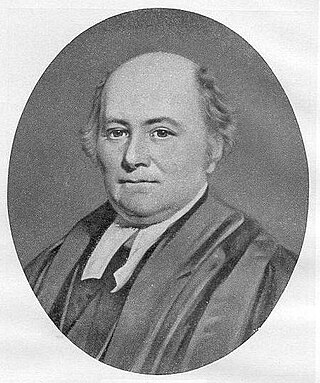
The Gaisford Prize is a prize in the University of Oxford, founded in 1855 in memory of Dr Thomas Gaisford (1779–1855). For most of its history, the prize was awarded for Classical Greek Verse and Prose. The prizes now include the Gaisford Essay Prize and the Gaisford Dissertation Prize.
The High Sheriff of Limerick City was the Sovereign's judicial representative in the city of the City of Limerick. Initially an office for lifetime, assigned by the Sovereign, the High Sheriff became annually appointed from the Provisions of Oxford in 1258. Besides his judicial importance, he had ceremonial and administrative functions and executed High Court Writs. The office was abolished in 1920 on the formation of the Irish Free State.
Sheriff of Dublin City was a judicial and administrative role in Ireland. Initially, the Sovereign's judicial representative in Dublin, the role was later held by two individuals and concerned with a mix of judicial, political and administrative functions. In origins, an office for a lifetime, assigned by the Sovereign, the Sheriff became an annual appointment following the Provisions of Oxford in 1258.




